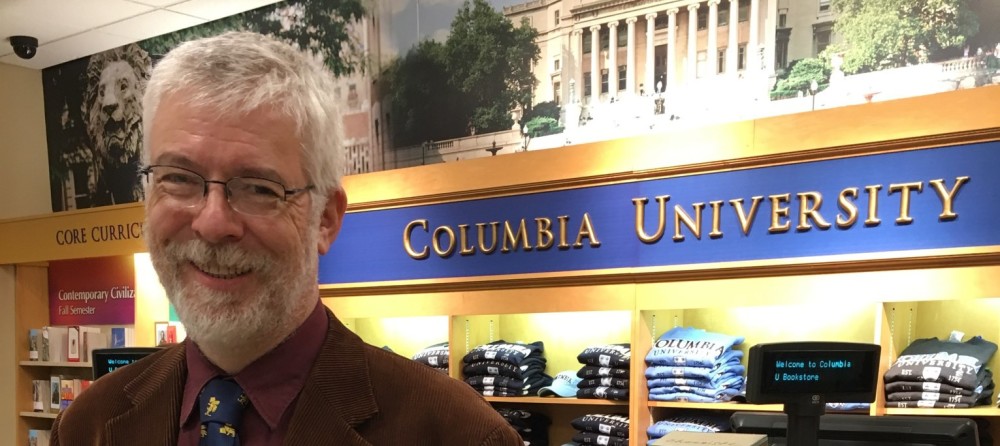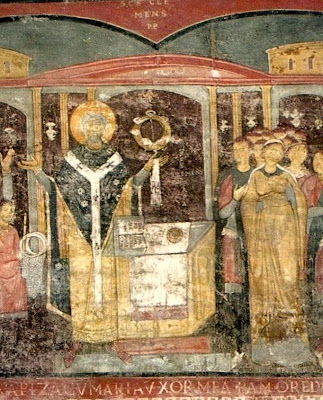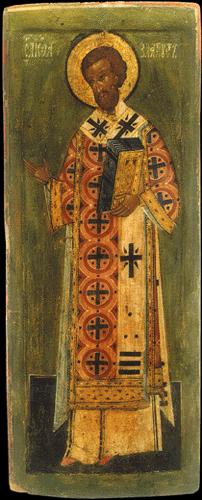Look upon us as stewards of the mysteries of God. In this regard it is expected of stewards that each one be found trustworthy. To me it matters little that I be judged by you or some other tribunal…. The one who judges me is the Lord…. who will shed light on things hidden in darkness and will make manifest the intentions of hearts…. (1 Cor. 4:1-2, 4-5)
A steward is a person who administers someone else’s property, house, finances, etc. This is an important role and was especially important in the ancient world. Stewards often know more about their employer’s business than the employer does; usually an employer has only one steward, not several.
St. Paul tells the Corinthians that he is one of the many stewards of the mysteries of God. What does it mean to be responsible for the mysteries of God? What are the mysteries of God? How is it that there are several such stewards?
The “mysteries of God” are the Greek term for what Latin theologians call the “sacraments” of God. To be a steward of the mysteries is to be a steward of the sacraments–i.e. the clergy who are responsible for leading the celebration of the sacraments, especially the Eucharist, and for making them available to the faithful. As the stewards of the mysteries, the clergy are responsible for the liturgical life of the parish and leading the people into deeper fellowship with God.
The “mysteries of God” are also the teaching of the Church–i.e. the preaching of the Gospel. The clergy are responsible for teaching and preaching, often in the context of the Eucharist. They are ordained to proclaim the Good News that is enacted in the celebration of the Eucharist. Teaching and celebrating are two sides of one coin: making the life of God available to the people. A life of teaching-preaching-sacramental celebration depends on the steward’s trustworthiness and efforts to live up to these privileges/responsibilities.
The people themselves are also stewards of the mysteries. They are charged and empowered by their baptism and reception of Holy Communion to invite others to share the life of the Resurrected Christ and lead them to closer fellowship with God as well.
Each parish is the entire church. There are many stewards because there are many parishes but within each parish the whole life of God is available to be lived out by everyone there, following the leadership of the clergy/steward(s) of that parish.
Does each steward occasionally fail in some way? Yes. Does each parish occasionally fail the steward in some way? Yes. But each steward and each parish will be judged by the Lord. Until that judgement comes, the parish and the steward work together to proclaim the Good News of the Lord and to live the life of the Kingdom here and now.




